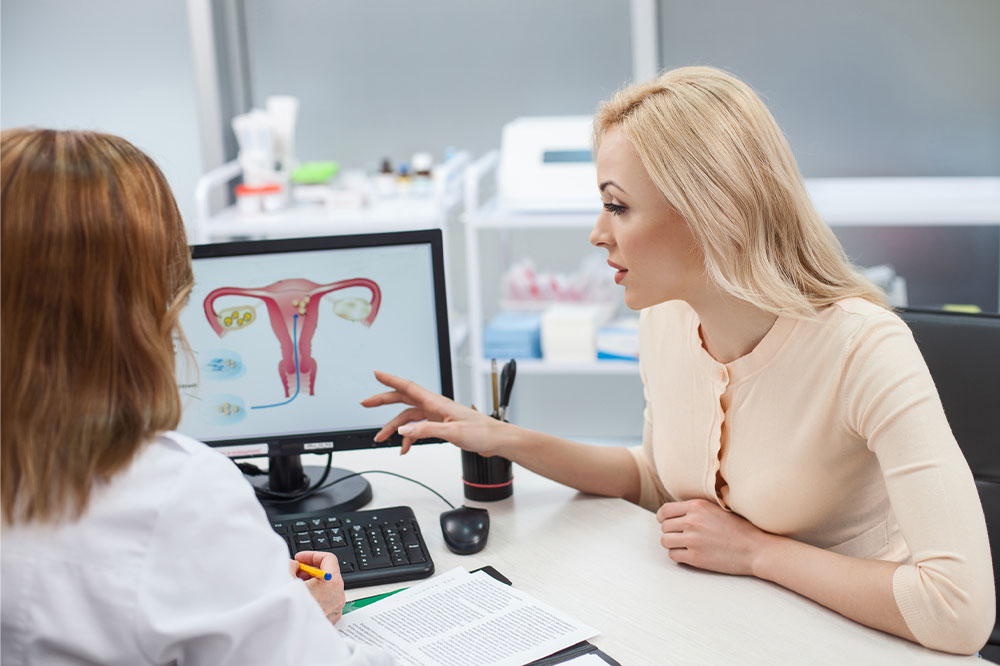Key Signs and Symptoms of Endometriosis to Recognize
Discover the key signs of endometriosis including painful periods, infertility, fatigue, and painful sex. Early diagnosis and treatment are vital to managing this chronic condition, which affects many women globally. Consult a specialist if you experience these symptoms for proper care and relief.

Recognizing the Signs and Symptoms of Endometriosis
Endometriosis affects millions worldwide, with cases steadily rising. It is a condition where tissue similar to the uterine lining grows outside the uterus, attaching to organs like the bladder, fallopian tubes, or intestines. During menstruation, these tissues become inflamed and swollen, causing pain and discomfort. Endometriosis is a chronic condition that requires medical intervention, as it does not resolve on its own. Without treatment, it can persist throughout a woman’s reproductive years, impacting overall health and fertility.
If you notice any of the following symptoms, it's crucial to consult an endometriosis specialist promptly.
Severe menstrual pain
Intense menstrual cramps, often starting a week before ovulation and lasting through the period, are common. The pain may radiate or come in waves and can cause abdominal discomfort. Medications like muscle relaxants are often recommended to manage these symptoms.
Other key symptoms include:
Fertility challenges
Endometriosis frequently leads to infertility, affecting 30-40% of women with the condition. Scar tissue damages reproductive organs, making conception and carrying a pregnancy difficult. Increased miscarriage risk is also associated with endometriosis due to hormonal imbalances and tissue scarring.
Exhaustion
Chronic fatigue can result from the body's response to tissue growth and hormonal disruptions. This exhaustion often worsens around menstruation, affecting daily activities. If persistent fatigue occurs, it’s advisable to seek medical advice.
Dyspareunia (painful intercourse)
Sex may become painful because of tissue damage and scarring affecting reproductive organs. Communicating with your partner and consulting a healthcare provider can help address this issue.
Note:
Our articles aim to provide helpful, research-backed insights. However, they are not definitive medical advice. Always consult a healthcare professional for diagnosis and treatment. We cannot guarantee accuracy or coverage of all available treatments or schemes.










